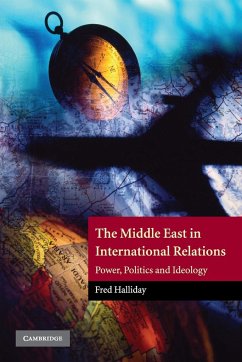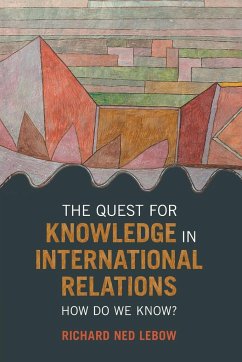
Genocide and International Relations
Versandkostenfrei!
Versandfertig in 1-2 Wochen
104,99 €
inkl. MwSt.
Weitere Ausgaben:

PAYBACK Punkte
52 °P sammeln!
Genocide can be assumed to be a problem of dictatorial regimes. This book shows that targeted violence against population groups is a much larger problem, that patterns of genocide depend on international contexts, and that genocide in the modern world can be stimulated as well as constrained by global change.














